India’s $3 trillion economy is expected to grow about seven times to $22 trillion by 2070, the year by which India plans to be carbon neutral. As of now, emissions are increasing with an increase… [Read more]
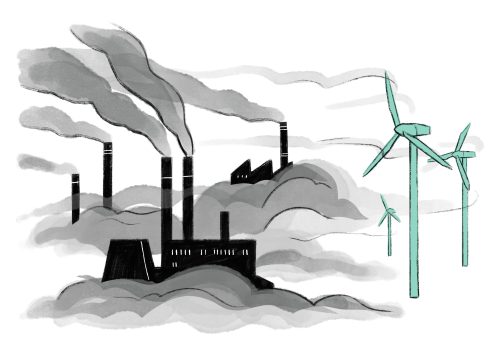
This section covers the climate crisis, environment, and energy systems, especially focusing on recommendations for governance in regard to climate crisis adaptation and mitigation policies.

India’s $3 trillion economy is expected to grow about seven times to $22 trillion by 2070, the year by which India plans to be carbon neutral. As of now, emissions are increasing with an increase… [Read more]
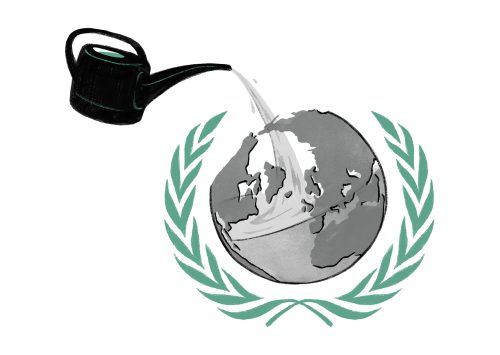
History sometimes speaks loudest in silence, as on June 5, 2022, in Nairobi. Across continents, riverbanks cracked with thirst from unprecedented droughts, glaciers crashed into heaving oceans, and at dusk, the sun descended on another… [Read more]
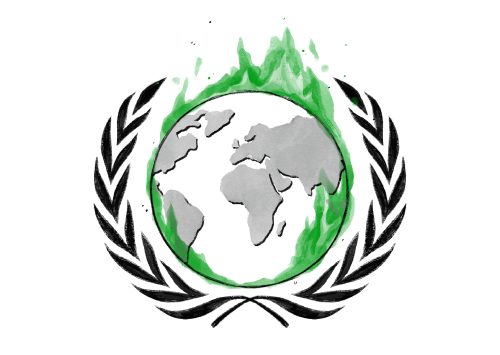
As one of the worst heatwaves in memory strikes India in these weeks, the absence of a single authoritative UN agency that deals with global climate change is jarring. The establishment of a World Environmental… [Read more]

We are asking of our planet more than it can possibly bear. Around the world, people are demanding change, and countries are committing to ever more concerted climate action. Against this backdrop, calls to create… [Read more]
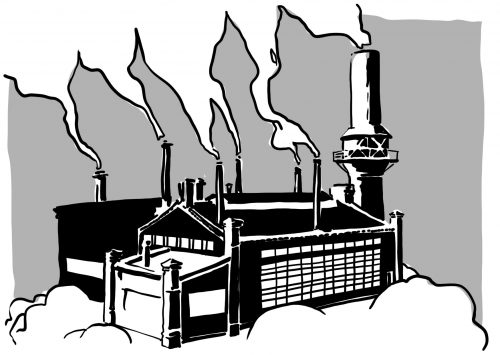
India’s economic growth, coupled with its urbanisation and swelling population is putting severe pressure on cities’ limited resources. With some of the most polluted cities in the world and increased waste management issues, India needs to adopt circular economy initiatives. Sadly, circularity… [Read more]
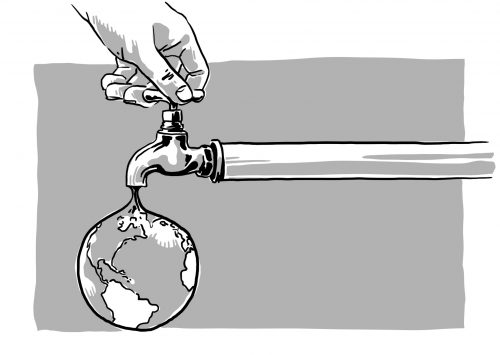
Between May and June 2020, many people took a break from pandemic routines and election doomscrolling to watch the biblical fires that roared across the West Coast of the U.S. Although U.S. citizens are less concerned with environmental problems than their G20 counterparts, more and more U.S. Americans are worried about the climate, and for good reason. From urban environmental plight, unseasonable rain in the Midwest breadbasket, diminishing crop yields, and larger and more frequent hurricanes barraging the Southeast, to droughts and wildfires plaguing the Southwest – the scale of U.S. environmental and climate catastrophes in 2020 was immense.

This piece is part of a novel collaboration between The Governance Post and The Paris Globalist, the international affairs magazine by students at Sciences Po in Paris, France. Does a private corporation have an obligation to prevent… [Read more]

To avoid domestic food price spikes during COVID-19 lockdowns, major agricultural producers such as Ukraine, Belarus, and Russia temporarily capped exports of staple crops. The resulting market distortions underscored import-dependent countries’ vulnerabilities to food supply… [Read more]
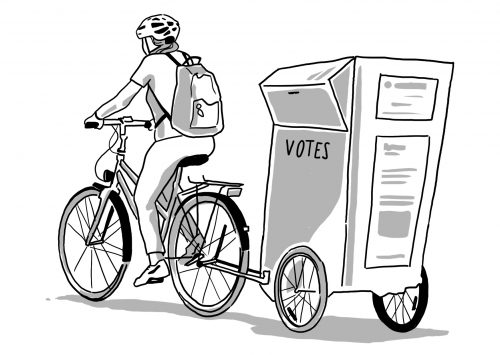
As people around the world worked to stay safe through COVID-19 lockdowns, many took to two-wheels, biking around their cities. Demand for bikeshare programmes increased in cities across the globe from Wuhan, China to Chicago… [Read more]
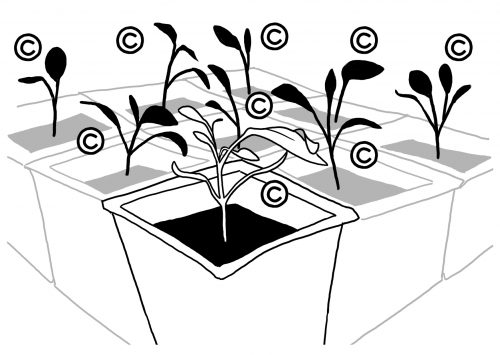
“A country without a patent office and good patent laws is just a crab and can’t travel any way but sideways and backwards,” wrote American novelist Mark Twain. A patent formalises the right of the… [Read more]